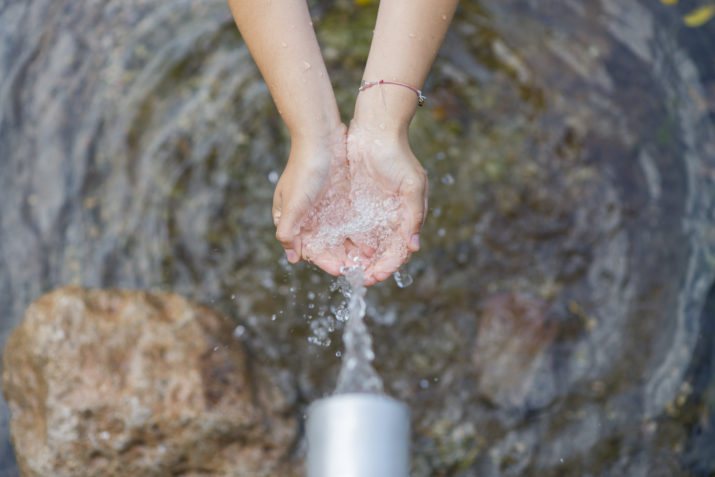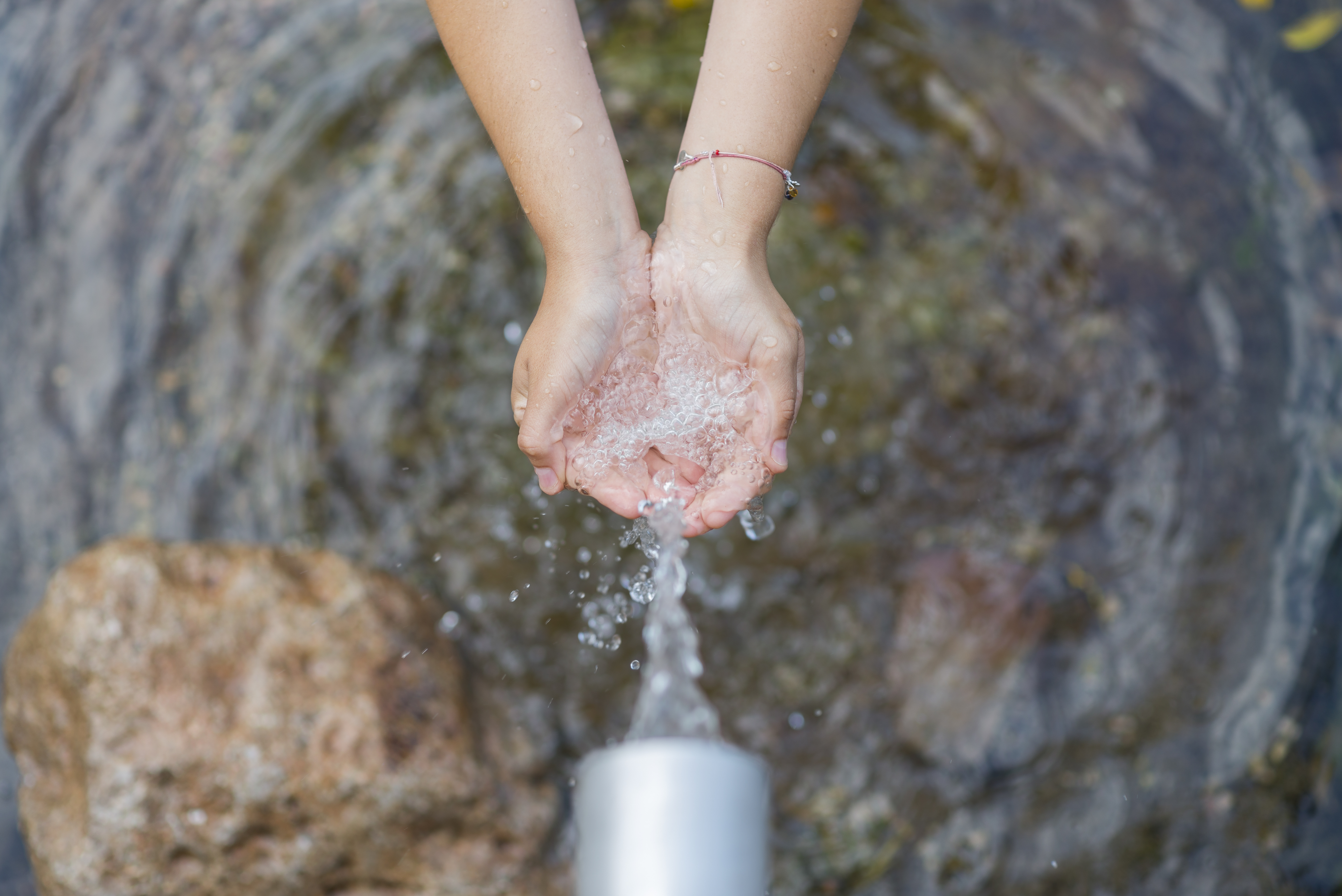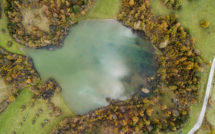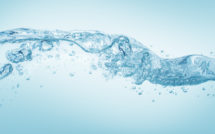

This is part of our Campus Feature on Water Centers & Institutes.
There was hardly a time in our history that water was more on the forefront than recent years. Communities, villages, and cities have experienced or faced the possibility of running out of water, yet the water crisis in the Western Cape somehow caused a collective global pause (perhaps using terminology such as “Day Zero” made the reality stick). In August 2018, an article published in Scientific America titled,“Cities Need to Prepare for Water Day Zero” opened with the statement, “Earlier this year ominous headlines blared that Cape Town, South Africa, was headed for Day Zero—the date when the city’s taps would go dry.” The article presents a compelling argument that this “desperate situation” will inevitably become a recurring event that will affect cities all over the world. Indeed, headlines in the press and editorials in respected magazines are now asking how long such a disaster can be deferred, and which cities are next?
The challenges linked to water scarcity are often exacerbated by poor water quality, and South Africa is no exception. These challenges are complex, with technological capabilities often constrained by social and economic realities. With excellent support and commitment from almost every faculty, the Stellenbosch University Water Institute offers a virtual umbrella where teams can be assembled with unique combinations of expertise as required by the challenge. Such agility to draw from multiple disciplines creates opportunities for researchers and students from all levels to associate, network, and disassociate when other opportunities call. This dynamic environment is supported by a core team that is anchored in the Faculty of Science, each with their own research foci. With a pool of more than 80 researchers and postgraduate students to draw from to enhance water security in a country that is extremely water scarce, SUWI is therefore ideally positioned to contribute to the University’s 2040 vision of being recognized for the advance of knowledge in service of society.
With water being such a critical basic need for our existence, it is not difficult to appreciate the relevance of SUWI to the five broad strategic research areas that have been identified as part of the new SU Vision 2040. Below are a few examples to show our progress towards SUWI’s collective mission to facilitate the linking of the University’s resources and extensive talent pool to contribute to this vision.
The Natural Environment
SUWI is a key partner in the Southern African Science Service Centre for Climate Change and Adaptive Land Management (SASSCAL) program, which is a joint initiative between 5 Southern African countries and Germany, and primarily funded by the German BMBF. The overall objective is to improve capacity and provide sound science-based solutions for current problems and future risks in the region, in particular regarding climate change and the associated demands concerning land management practices of local players. http://www.sasscal.org/index.php
Health and Human Security
Together with the University of Bath, SUWI co-leads the ReNEW project (Developing Resilient Nations – Towards a Public Health Early Warning System via Urban Water Profiling), which is funded by the Global Challenges Research Fund through the British Engineering and Physical Sciences Research Council (EPSRC), with additional support from the Water Research Commission and Collaboration with ERWAT. The goal of the project, which involve researchers from 5 SU Faculties, is to develop a real-time community-wide public health early warning system by measuring biomarkers in municipal sewage systems. https://gow.epsrc.ukri.org/NGBOViewGrant.aspx?GrantRef=EP/P028403/1.
SUWI also contributes to human development outside conventional University programs. An example is our coordination, on behalf of the Energy Water Sector Training Authority (EWSETA), to develop a critical mass amongst TVET Lecturers for teaching courses in line with other capacity building initiatives under the FET water program.
Social Justice and Development
The Development and Rule of Law Programme (DROP) is aimed at researching “sustainable development law and policy” with a focus on reconciling the tensions between environmental sustainability, economic development, and human welfare with a holistic view of current legal, political, economic, social and cultural developments. It integrates public international law (i.e. international economic, social, and environmental law), regional and national law, including policy with the goal of enhancing the rule of law around the world to reduce poverty in developing nations. http://drop.sun.ac.za.
Human Creativity and Social Innovation
The Water is Health project recognizes that one of the greatest challenges facing most townships is water management, caused by the fact that township residents are excluded from crucial decision-making processes. The project aims to address this by firstly gauging ethical approaches to water management in townships and secondly, by making this information available to municipalities so that they can engage more effectively with communities
Systems and Technologies for the Future. The EU-funded SafeWaterAfrica project develops an autonomous and decentralized “Made in Africa” water treatment system for rural and peri-urban areas, to render water safe by killing microbial pathogens and the degradation of micropollutants. This project involves cooperation with international partners from Germany, Spain, Italy and Mozambique. South African partners include: Virtual Consulting Engineering, Advance Call, ERWAT, TUT and CSIR. https://safewaterafrica.eu/en/home.
Photo: Fresh water | Shutterstock
Published on December 11, 2018.




